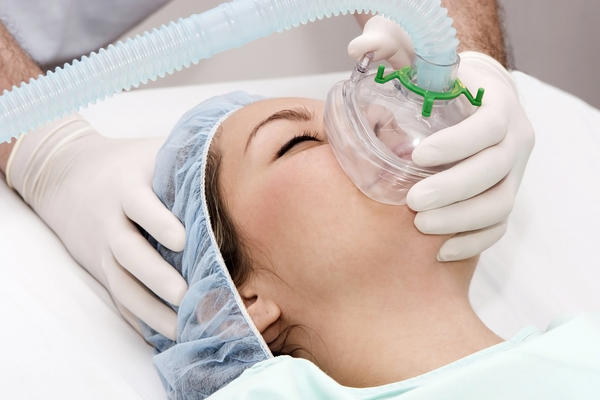Adult Patients

Are you afraid of seeing the dentist? Would you like to be asleep during your dental procedure and wake up with all your dental work completed? Anesthesia/Sedation can be safely administered in a suitably equipped dental office allowing you minimal time away from your family and workplace. Most patients are able to resume their normal activities the next day and report no lasting side effects.
Consult with your dental specialist today to find out if Anesthesia is the best option for you.
Frequently Asked Questions
What about eating or drinking before my anesthesia?
– Patients should not eat any solid food for at least 6 hours prior to your arrival time.
– Patients may have up to 8 ounces of clear liquids up to 2 hours prior to your arrival time.
Special instructions
– Patients with GERD, gastroparesis or having a Body Mass Index greater than 30 (Obese), must not have anything to eat or drink for at least 8 hours prior to your arrival time due to the increased risk of aspiration.
– Patients may not have gum, mints or any candy after midnight before the day of your surgery.
Note: Examples of clear liquids are water, apple juice, clear tea and Jell-O (not red)
Will I need someone to take me home?
– Yes! It is imperative that you make arrangements for a responsible adult to take you home after your procedure.
– You will not be able to leave alone nor drive yourself home and it is strongly suggested that you have someone stay with you until you are fully recovered.
– These instructions are important for your safety. If you do not follow your physician’s instructions about not eating/drinking and having an adult take you home, your surgery may be canceled.
Should I take my usual medicines?
It is important to discuss this with your anesthesiologist. Continue to take your medications unless instructed otherwise.
What should I wear?
– Please wear a loose-fitting, short-sleeved t-shirt on the day of your procedure.
– Please leave your jewelry and valuables at home.
What happens before my procedure?
Your anesthesiologist will call a day or two before your scheduled appointment to provide pre-operative instructions. He/she will review your medical history, the results of any laboratory tests and will answer any additional questions that you may have.
What happens during my procedure?
– Your anesthesiologist is responsible for managing your care and will be with you throughout your procedure. He/She will monitor your vital signs and ensure your safety.
– During your surgery, you will rest comfortably and will have no recollection of the procedure.
Will I have any side effects?
– The amount of discomfort you experience will depend on a number of factors, especially if your oral surgery involves bone and soft tissue procedures. Your anesthesiologist will give you medication to manage any post-operative discomfort before you are discharged. Your discomfort should be tolerable, but do not expect to be totally pain-free.
– Although nausea or vomiting is rare after these procedures, the occurrence may be related to anesthesia and the ingestion of blood tinged saliva. You will be given medication to control and suppress post-operative nausea and vomiting.
– A dry, scratchy throat and a dry, bloody nose are also common due to the oxygen administered during the procedure.
– A low grade fever may occur several hours after the procedure. This is a normal reaction to the events of the day and is not necessarily a sign of infection.
When will I be able to go home?
After a thorough and comprehensive post-operative evaluation, if you meet the criteria for discharge, your anesthesiologist will discharge and send you home with post-anesthetic instructions. Most patients are ready to go home between 30 minutes and 60 minutes after the surgery is completed.
What instructions will I receive?
Both written and verbal instructions will be provided after your procedure. In general, for 24 hours after your anesthesia:
– Do not drink alcoholic beverages or use nonprescription medications.
– Do not drive a car or operate dangerous machinery.
– Do not make important decisions.
What can I expect during my recovery at home?
– Most patients often experience drowsiness following anesthesia. Some patients may also experience a sore throat and occasional dizziness or headaches. Nausea may be present, but vomiting is less common.
– These side effects usually decline rapidly in the hours following your procedure. Plan to take it easy until you feel back to normal.
